Six perspectives on net neutrality
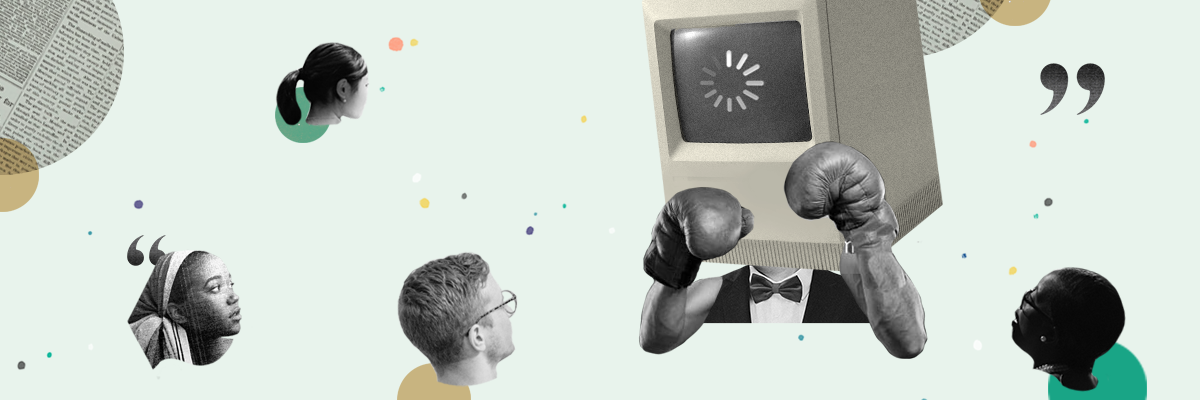
This
week, the Federal Communications Commission will vote on the future of
net neutrality. Whether you’ve been following the political back and forth,
skimming the headlines, or struggling to decode acronyms, the decision
will have an impact on what we can do online (and who can afford to do
it). Because the internet has effectively been free and open since the
day it was born, it’s easy to lose sight of the impact this vote will
have.
The reality is, the internet is a fragile thing. Open, crazy, weird spaces where people swap stories and secrets, create rad digital art projects,
type furiously and freely with people seven time zones away — these
spaces are rare. People build them, people sustain them, and now, people
are trying to restrict them. If this week’s vote passes — which is
looking increasingly likely — the internet’s gatekeepers will have more
control over their gates than ever before.
Because
we live and breathe the internet, laugh and cry on the internet,
connect with people who’ve tangibly changed our lives on the internet,
we decided to gather some perspectives on this moment in time. Why it
matters, how we got here, and what the future may hold. Here are some of
the most insightful essays we’ve found on Medium to help us make sense
of the fight to keep the net wild and free.
In 1989, Tim Berners-Lee
invented the World Wide Web. Now, he’s defending it. “I want an
internet where consumers decide what succeeds online, and where ISPs
focus on providing the best connectivity,” Berners-Lee emphasizes.
Content and connectivity are two distinct markets, and they must remain
separate. Conflating them risks blocking innovation, free expression, and the kind of creativity that can only thrive online.
What’s happening now is not just about net neutrality, law professor Lawrence Lessig
argues, but about the foundations of our democracy. Tracing the history
of the concept from its origins in the aughts (one of his students, Tim Wu,
coined the term “net neutrality”), Lessig sees the rollback of
Obama-era regulations as a symptom of a larger issue: a democracy that
doesn’t serve its people.
Through statistical analysis and natural language processing, data scientist Jeff Kao
shows that millions of pro-repeal comments submitted to the FCC were
faked. Organic public comments, according to Kao’s analysis,
overwhelmingly supported preserving existing regulations. The report
calls into question the legitimacy of the FCC’s comment process, and the
basis of chairman Pai’s intention to roll back regulations.
In part one of a five-part series on net neutrality, computer scientist Tyler Elliot Bettilyon
takes us back to FDR’s New Deal. Piecing together the history of
“common carrier” laws — those that govern everything from shipping to
telephone lines — Bettilyon contextualizes today’s fight for a free and
open internet.
Social psychologist E Price
interrogates the idea that the internet we’ve grown to love is really
as “free and open” as we’d like to think. “Internet activity is already
deeply centralized,” Erika writes, and major social media sites are
today’s answer to the Big Three TV networks of a few decades ago. The
internet is closer to cable than we think, and it’s (probably) about to
get even closer.
Why should the internet be a public utility? Economist umair haque
debunks the “competition will lower prices” argument against internet
regulation, and makes a compelling case for why going online, “just like
water, energy, and sanitation,” should be a basic right: “It
dramatically elevates our quality of life, best and truest when we all
have free and equal access to it.”
Visit battleforthenet to write or call your congressperson in advance of the vote. You can also text a few words of your choice to Resistbot.

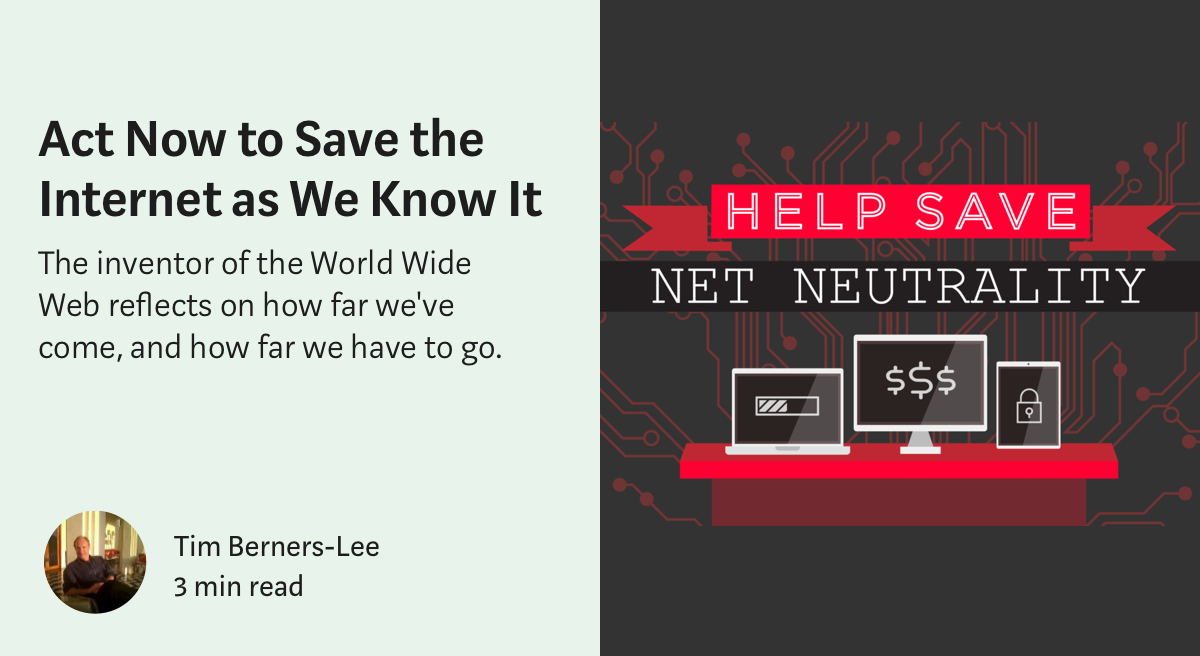
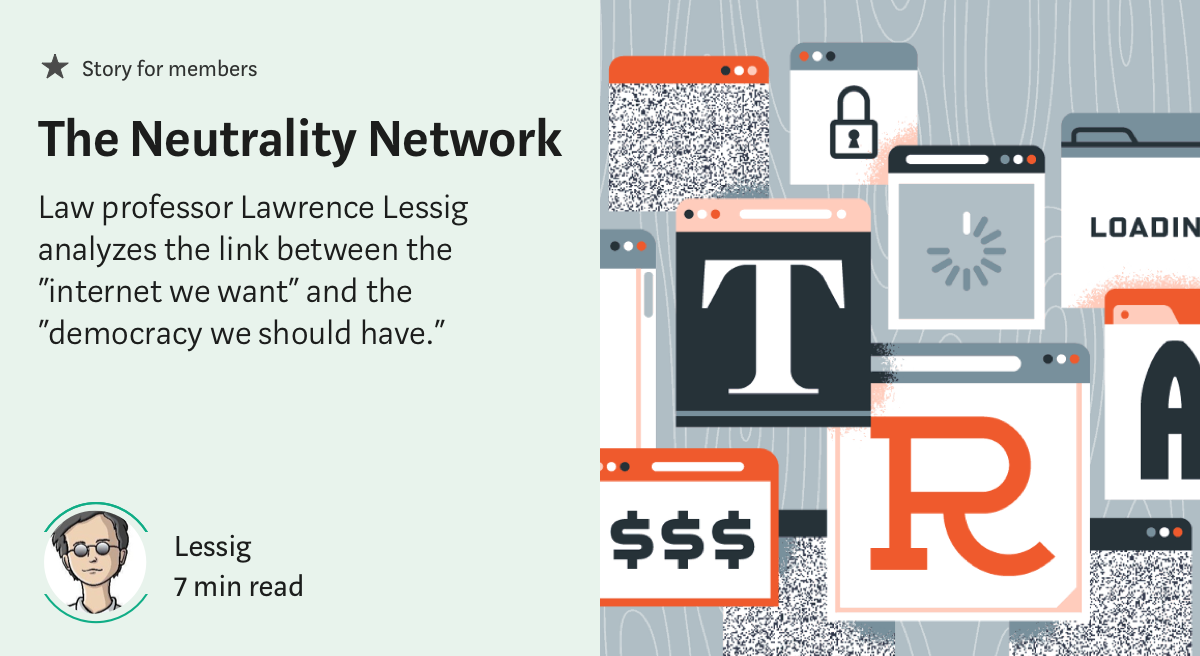
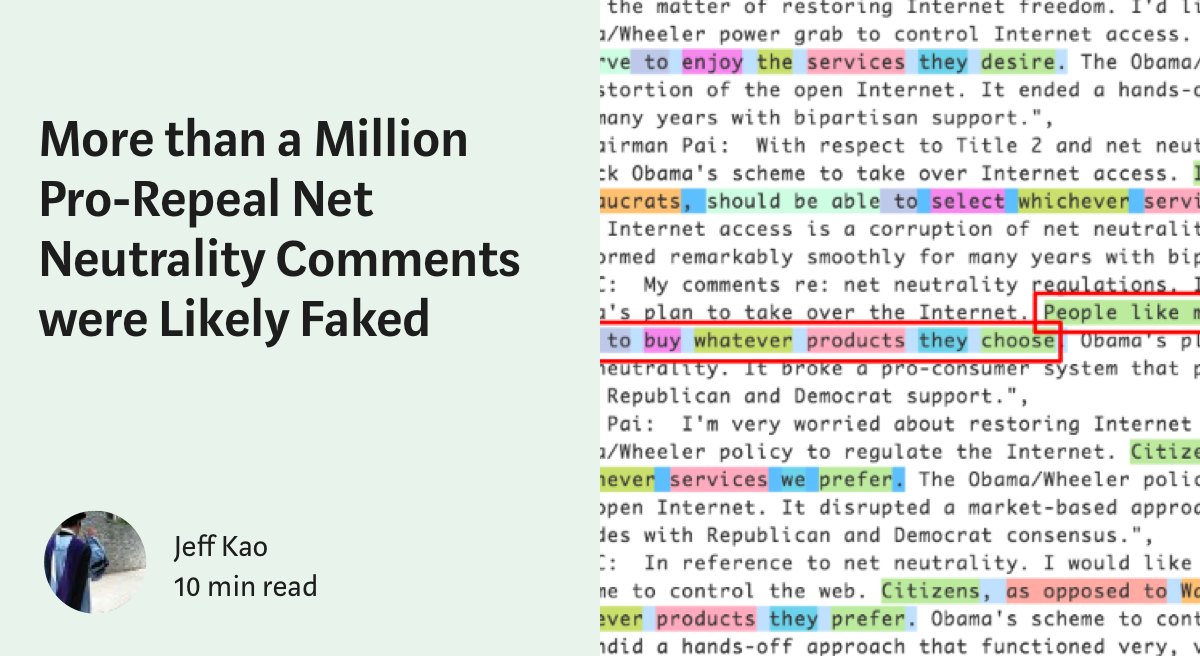
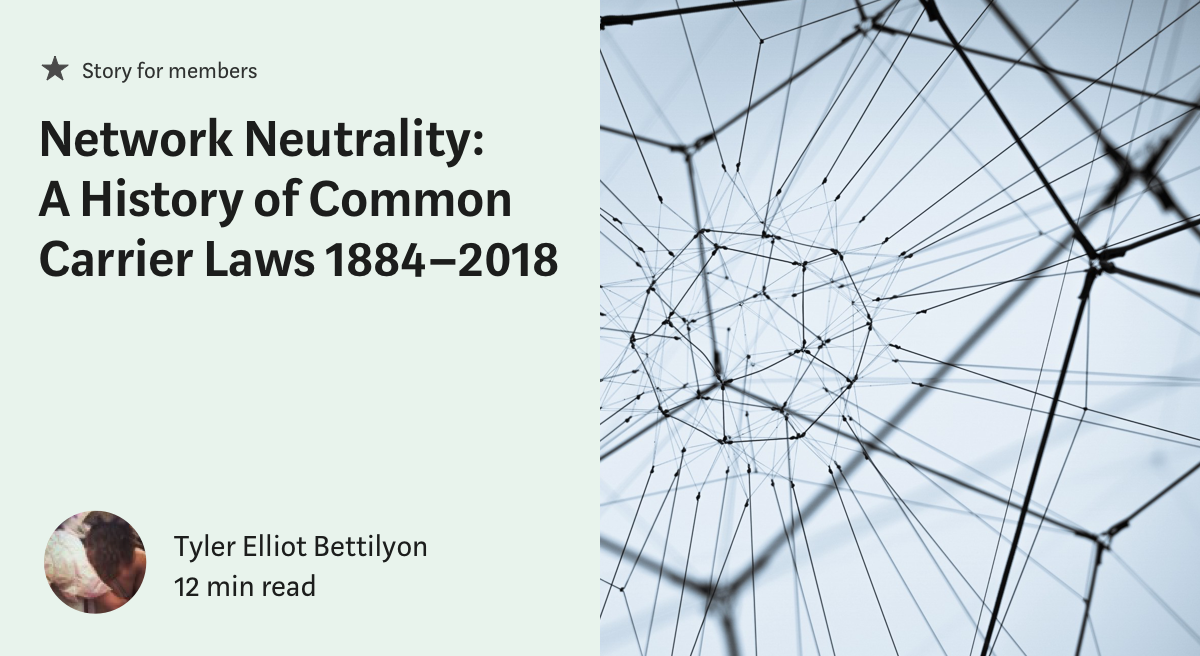
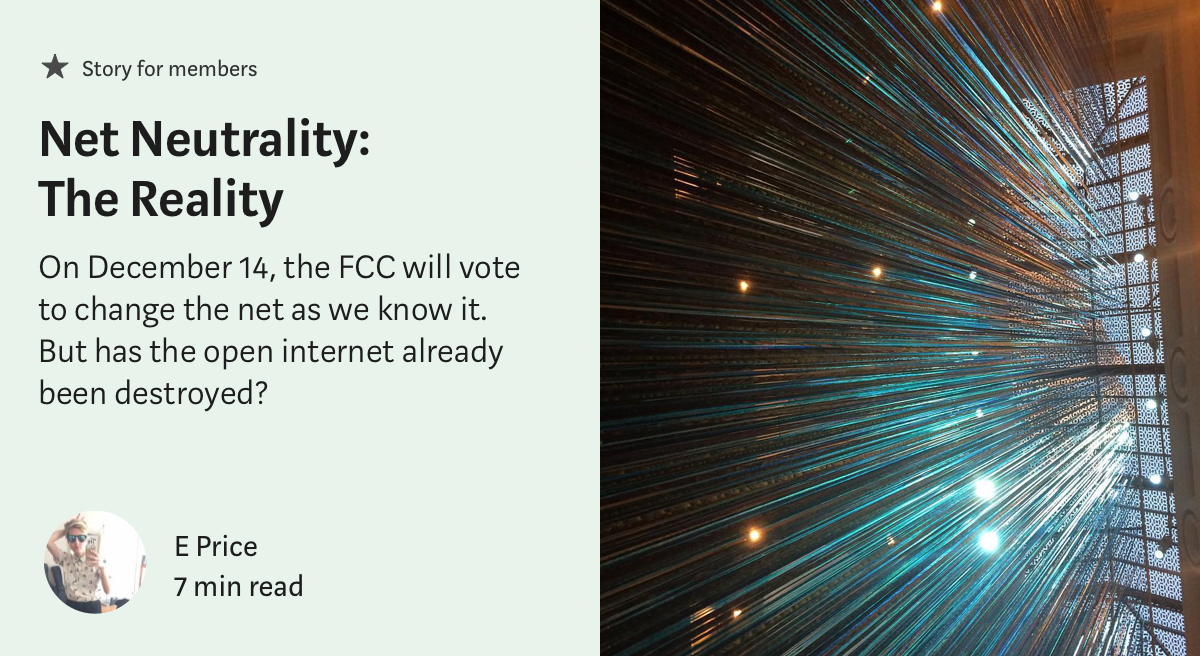
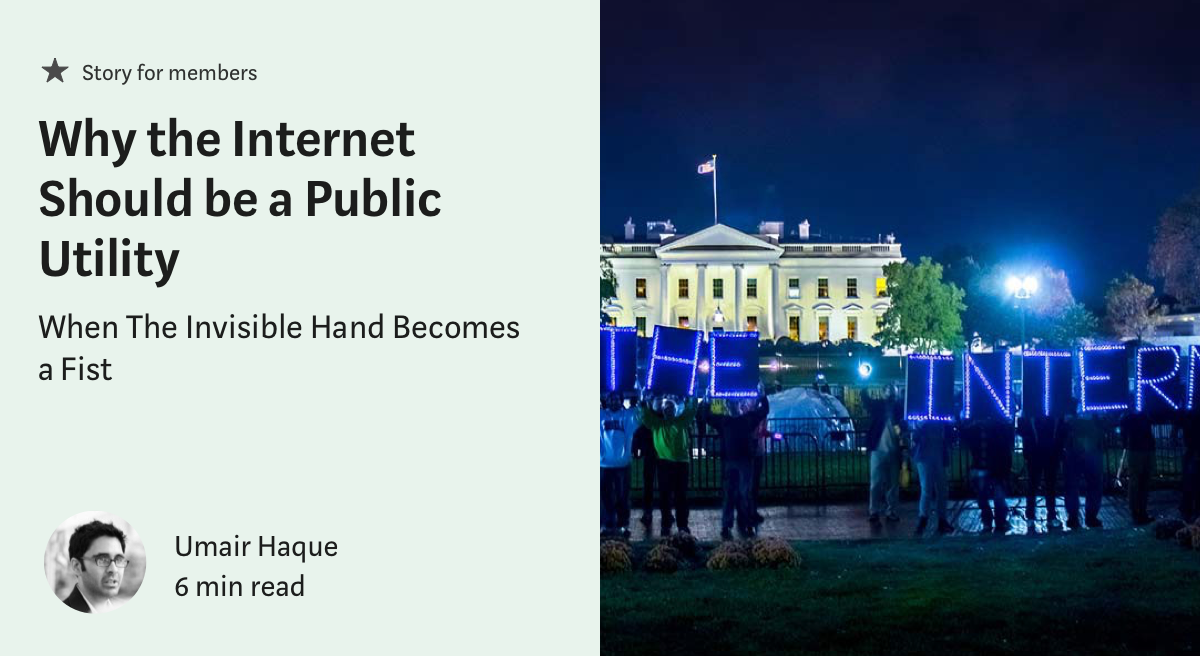

No comments:
Write comments